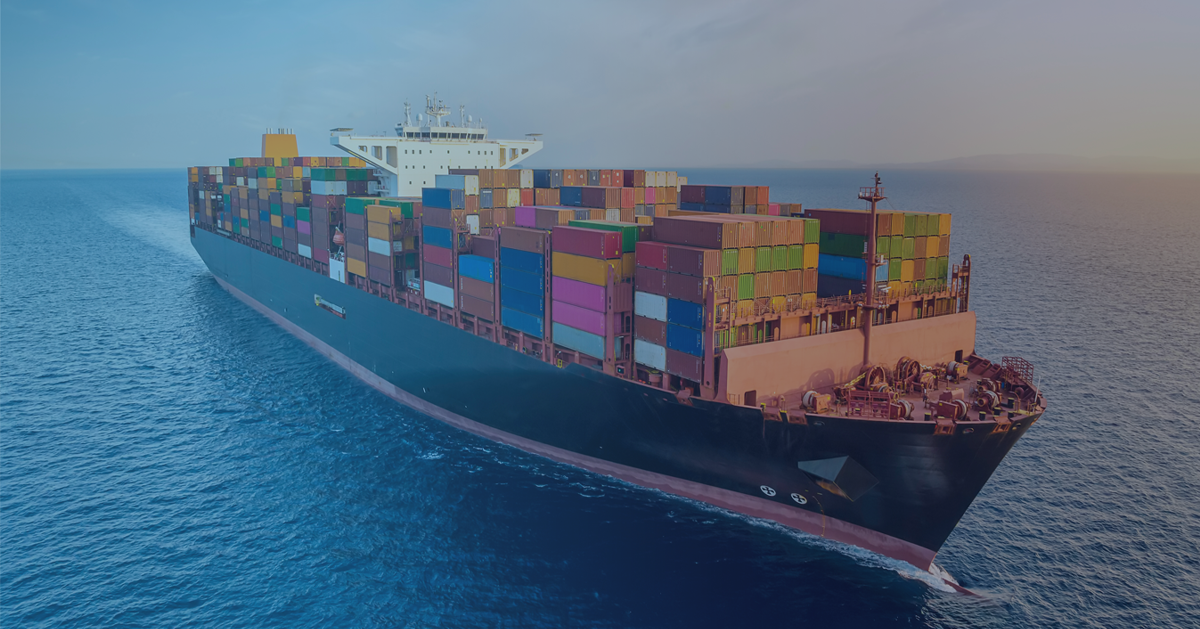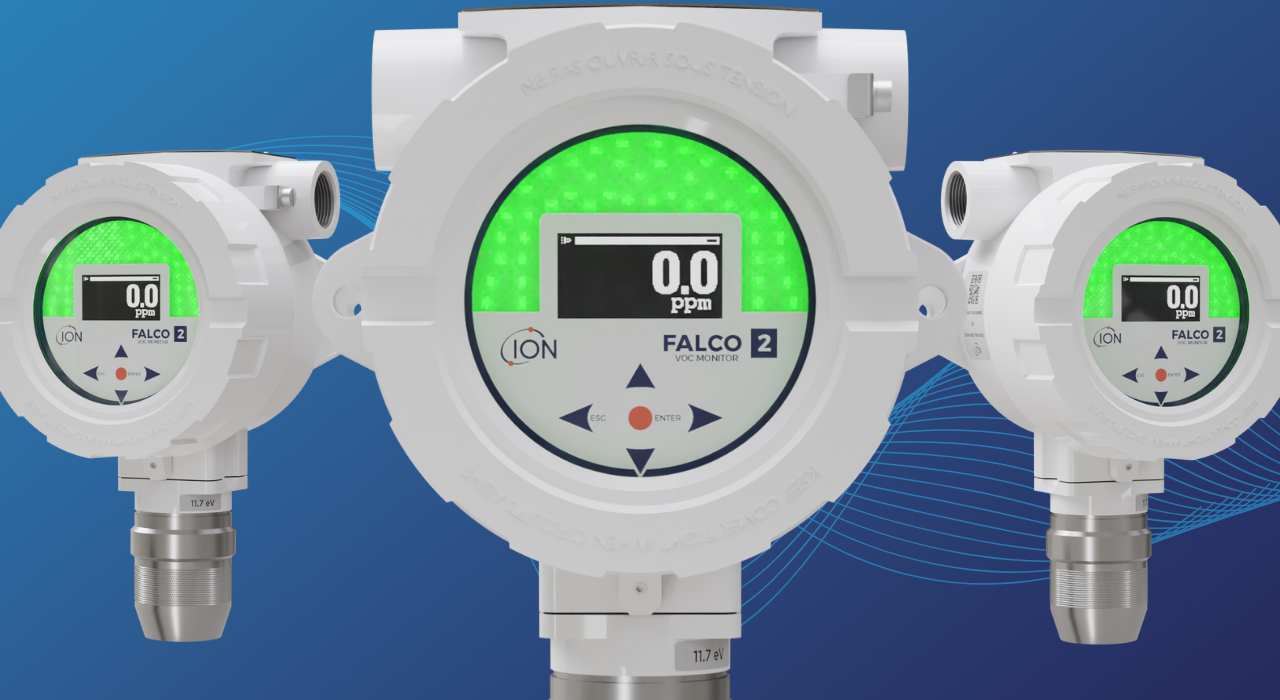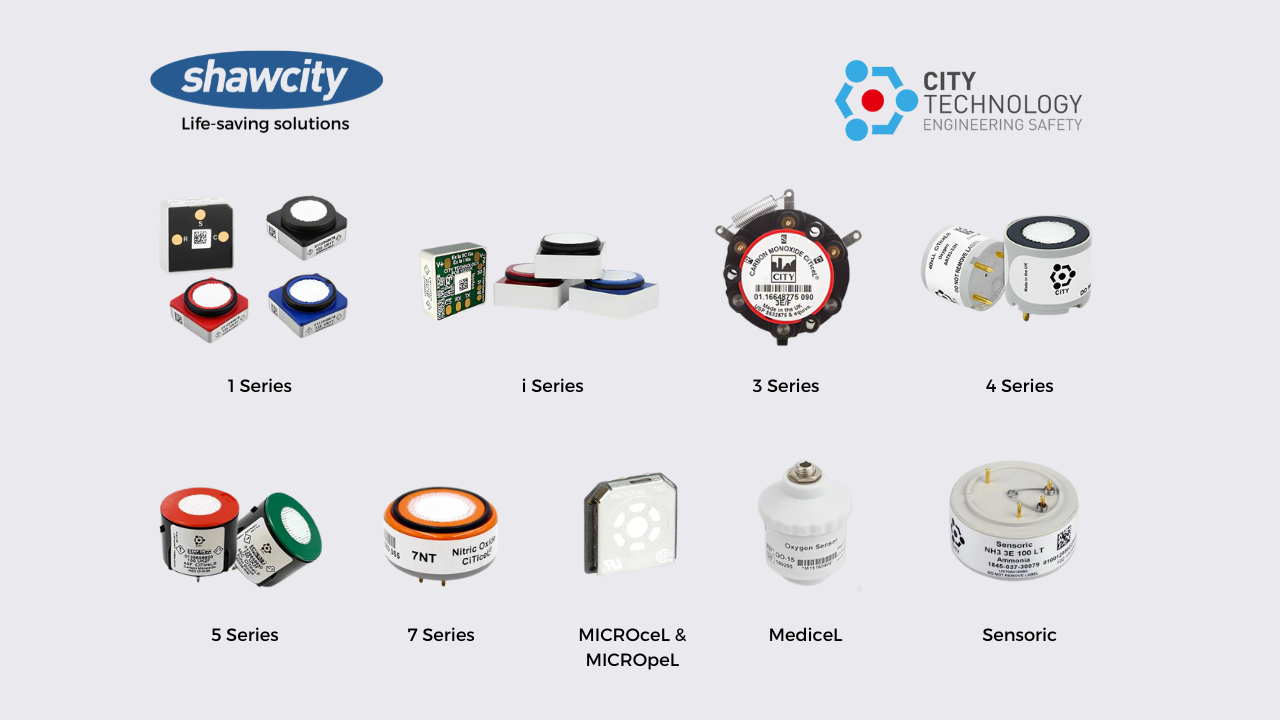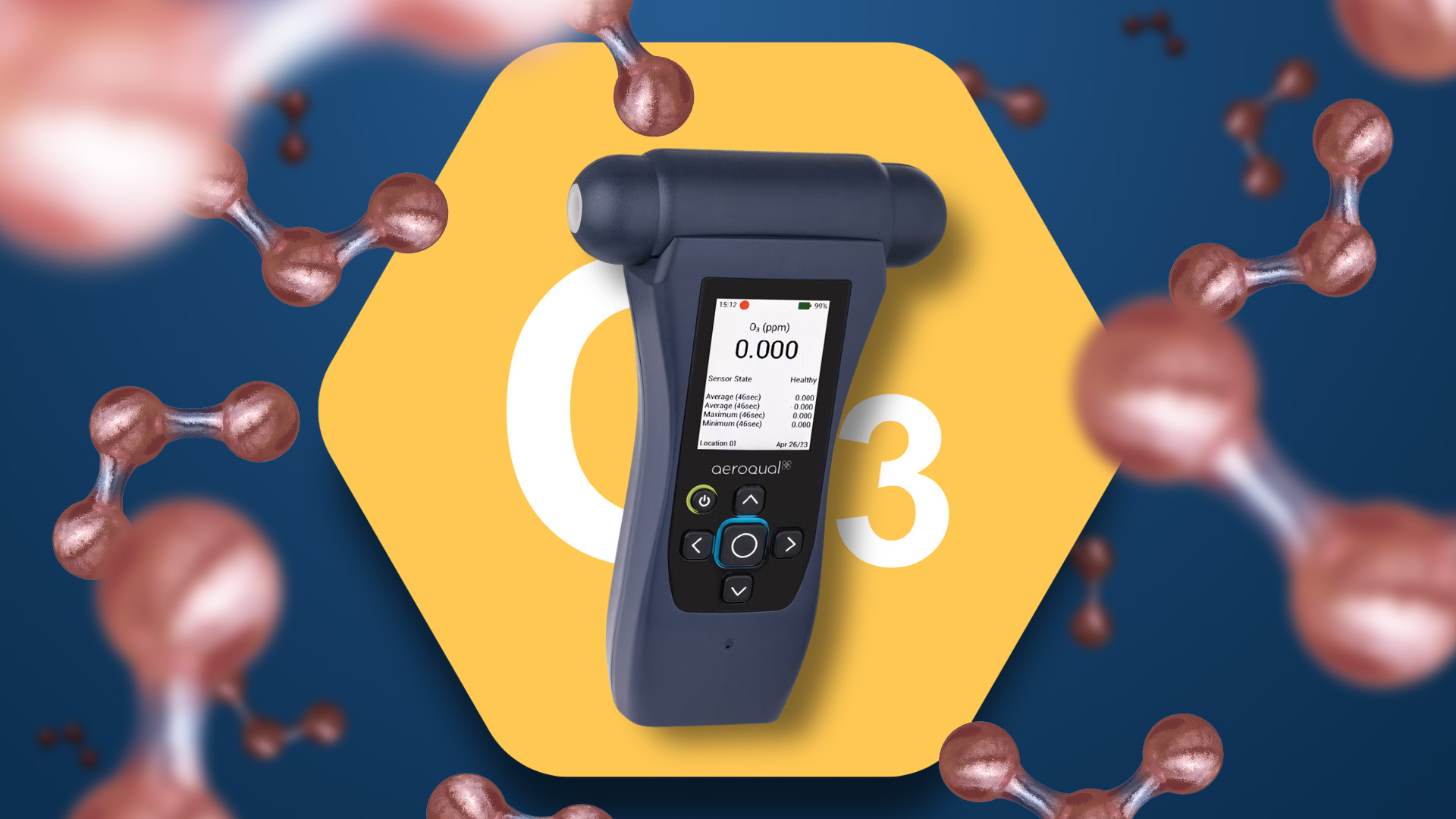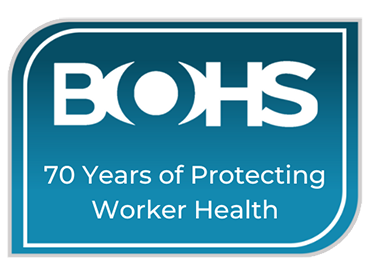Gas-related risks encountered in the marine industry vary greatly depending on the type of vessel and the materials being carried. Dangerous gas concentrations can potentially form in the atmosphere at any time and the presence of liquid gas, fuel, chemicals and other fossil fuels in vessel environments pose extreme dangers. These include a risk of explosion, asphyxiation from the lack of oxygen, loading, unloading and other processes, for instance cleaning.
Why is gas detection required?
Marine applications often generate high humidity and dirty conditions. The type of detection required can include oxygen (O2) monitoring in cargo room exhausts and flammable or toxic gases within enclosed void spaces, pump rooms or cabins. Fixed systems, which offer continuous sampling, are commonly used in marine settings.
Risks being monitored can include high temperature surfaces in engine rooms, complex electrical systems and domestic sources of fire or a reaction in the cargo. These all leave ships extremely vulnerable to fires. Seafarers around the world also lose their lives every year due to toxic working environments, so detecting hazards is essential to prevent them from escalating to fatal or disaster levels.
SOLAS regulations XI- 1/7 has a requirement that vessels have at least one portable gas monitor on board for oxygen and flammable gas detection. This will be used to detect any gas leak and then interface with a control system so a process can be automatically shut down without delay.
What are the gas hazards?
Different vessel types include FPSO (floating, production, storage, and offloading), tankers, ferries, submarines, general or cargo tanks which all present unique safety challenges.
Gas hazards can include:
- FPSO and tankers house flammable gases and hydrogen sulphide, so there is a risk of flammable gas leaks within the pump rooms
- Gases in confined spaces, there may be inerted tanks or voids where there may be too much or too little oxygen
- Hydrocarbon oxygen risk during the purging of tanks
- Carbon monoxide and nitrous oxide, both poisonous, are present on ferries as a result of the accumulation from vehicle exhausts. They are also present in engine rooms
- Submarine battery rooms can contain hydrogen
- Air conditioning systems can leak carbon dioxide
- Hydrogen sulphide and oxygen can be depleted in bilges arising from on-board sewage treatment
- Vessels that carry food produce, such as grain, will sometimes be at risk of hydrogen sulphide
- Cargo tanks analyse waste vapour gas for safe oxygen content.
Marine standards
Under the current guidelines, cargo tanks or any enclosed space on-board a ship must be tested to ensure that the space is free of hazardous gases, as well as providing ample oxygen for any personnel required to work there. This includes prior to starting any repair work or loading.
Products installed on any marine vessel must comply with internationally recognized regulations. Therefore, the international standard that applies to a vessel depend upon where it is registered. It is essential that products sold for use on a vessel comply with the standards relevant to the country in which the ship is registered. For example, products fitted to a European-registered vessel undergoing a re-fit in Singapore must comply with the European MED (Marine Equipment Directive) directive.
There are several different standards that comply to different regions:
- EU (European Union) countries: MED (Marine Equipment Directive 96/98/EC).
- North America: US Coast Guard (USCG) regulations.
- Other countries: SOLAS (Safety of Life at Sea) regulations provide the minimum requirements, however individual countries will require compliance with the standards of their chosen marine insurance body (e.g., BV, DNV etc).
Why use Shawcity?
Shawcity, in partnership with Crowcon, offer gas detection solutions specifically tailored to the marine industry. An original pioneer in gas detection in the UK, Shawcity has over 45-years’ experience and a ‘go-to’ reputation in the industry for solutions through their consultative approach. They provide a complete gas detection service with most instruments available to hire or buy.
All customers receive free consultations, free ongoing technical support and free product training, as well as fleet management support. Our manufacturer-authorised, in-house service centre completes our offer by delivering servicing, calibration, spares and repairs.
Contact us for more information or to arrange a free consultation, demonstration or site visit:
Telephone: 01367 899553
solutions@shawcity.co.uk
